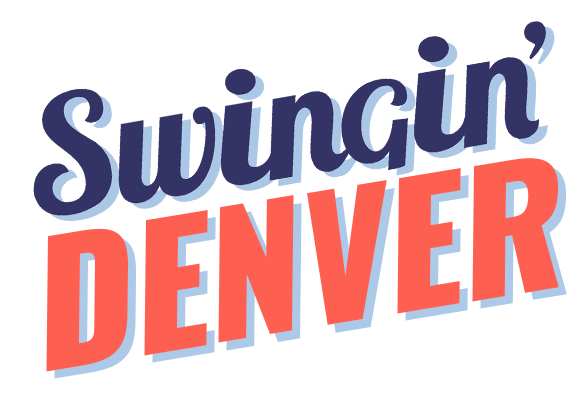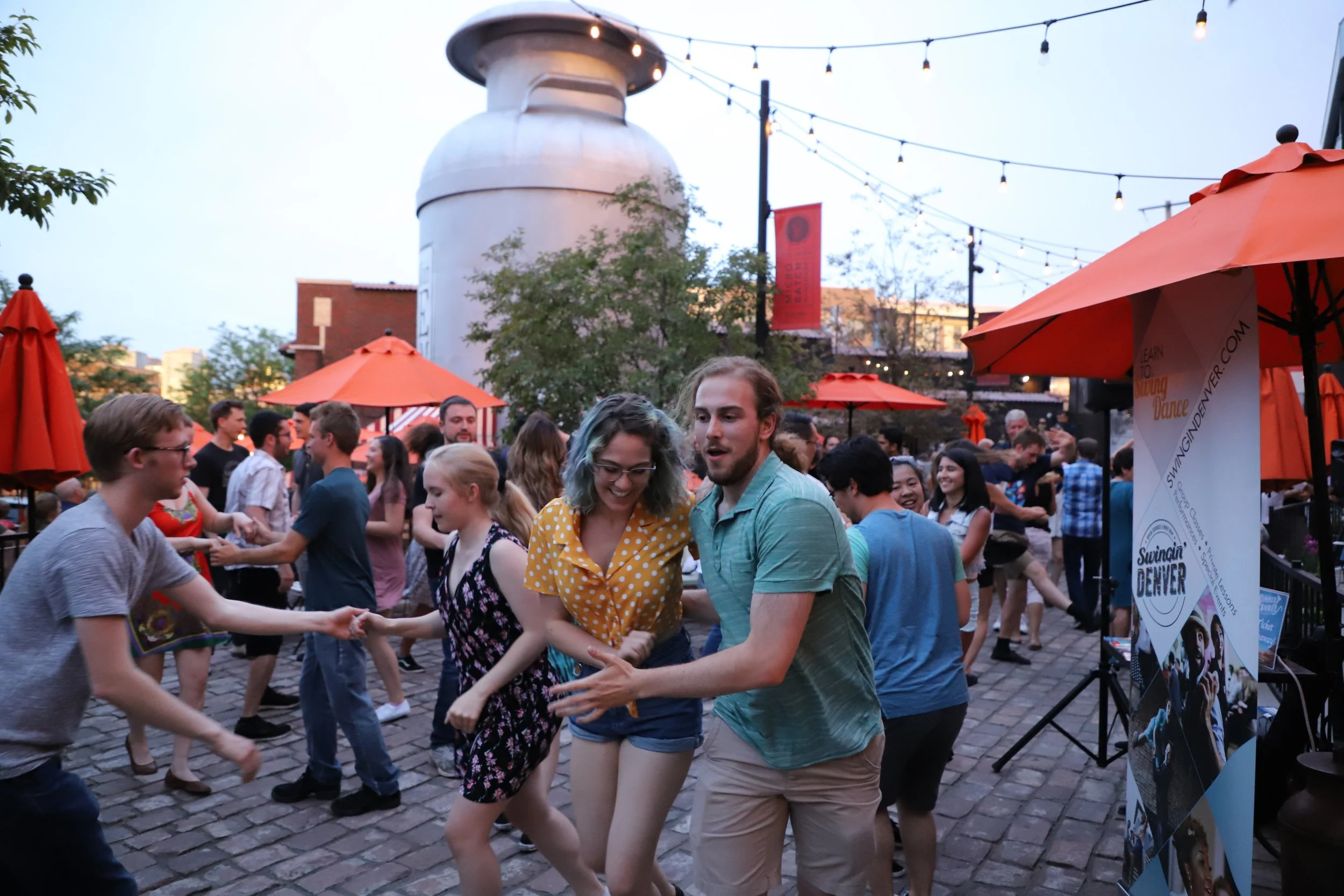One of the examples we like to use when discussing cultural appropriation is this video from Kansas City featuring Frankie Manning leading the Shim Sham, a line dance created by Black dancers, Leonard Reed and Willie Bryant. Boulder Swing Dance has a good summation on the Shim Sham in a 2018 blog post as does Retro Rhythm.
Do you notice the dancers starting on the “1” instead of “8?” Quite a few dancers know and teach the Shim Sham on “8” as it’s done, others know the Shim Sham on “8” but teach it on the “1” while others only know it as starting on the “1” because of the aforemention teachers.
I, founder of Swingin’ Denver, was one of those instructors who taught the Shim Sham on the “1” because as my white French male boss stated “it’s easier.” I didn’t know better and instructors were there to entertain, enable people to have fun and make money for the owner. One of the things that cultural appropriation does is it removes connection from the dance to the culture, Black culture. It also can divide as you can see above.
Funny thing is as I was flashing back recently to all the ballroom dances I learned, there was at least one Latin dance where I had to know where the “8” was. It wasn’t so bad to learn and it made me wonder if American-born Black social dances are treated differently than African diasporic dances imported from abroad? That might take a deeper dive than I’m prepared for but I’m reminded of when a social dance school chose to teach Lindy Hop under the label “Jitterbug.” Once again, cultural appropriation applied to a Black American social dance. Why? Why engage in white narratives when engaging in a Black social dance form?

